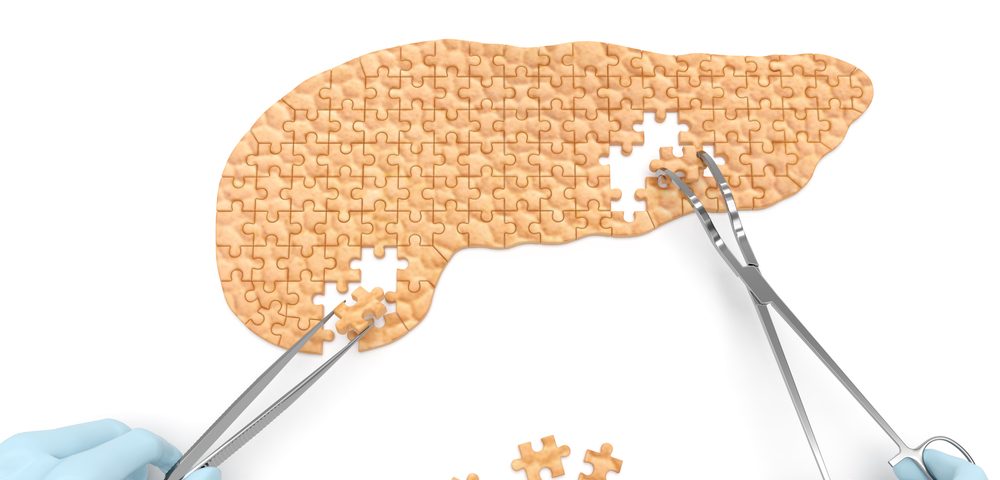Transplantation of purified human pancreatic islets in patients with type 1 diabetes leads to glycemic control and prevents hypoglycemia, according to the findings of a recent Phase 3 clinical trial. The study “Phase 3 Trial of Transplantation of Human Islets in Type 1 Diabetes Complicated by Severe Hypoglycemia” was published in the Diabetes Care journal.
Hypoglycemia and severe hypoglycemia are both a cause of severe morbidity and mortality in patients with type 1 diabetes, and current therapies are only effective in 50 to 80% of the cases. Hence, a still significant proportion of patients are left without therapeutic alternatives.
Now, in a breakthrough clinical trial involving Northwestern Medicine scientists, researchers discovered that transplanted human islets prevented hypoglycemic events, and worked as an excellent glycemic control for patients with type 1 diabetes with severe hypoglycemia.
In patients with type 1 diabetes, the pancreas is not working properly and is not able to produce the hormone insulin, a key regulator of blood glucose levels. Islet transplantation is currently under investigation as a therapy for type 1 diabetes. The procedure consists on transplanting insulin-producing cells, or islets, from a donor pancreas into a diabetic patient. The newly transplanted cells will then control blood glucose, and hopefully eliminate the need for insulin therapy.
“Islet transplantation is heralding a new era of breakthrough therapies for Type 1 diabetes that isn’t controlled by conventional treatments. These results make a clear case for islet transplantation as a viable treatment option for individuals with Type 1 diabetes complicated by severe hypoglycemia. Our research found that transplanted islet cells provided glycemic control, restored hypoglycemia awareness and protection from severe hypoglycemic events,” commented in a press release Xunrong Luo, MD, PhD, study co-author and director of the Islet Cell Transplantation Program at Northwestern Memorial Hospital and Associate Professor of Medicine and Surgery at Northwestern University Feinberg School of Medicine.
“The next step for this compelling research is to seek FDA approval for islet transplantation as a standard of care therapy for Type 1 diabetes. The success of this license-enabling study symbolizes the importance and power of team-science in the modern era of research. When scientists and institutions work together, we’re more successful in developing new therapies and propelling medicine forward,” concluded Dr. Luo.


